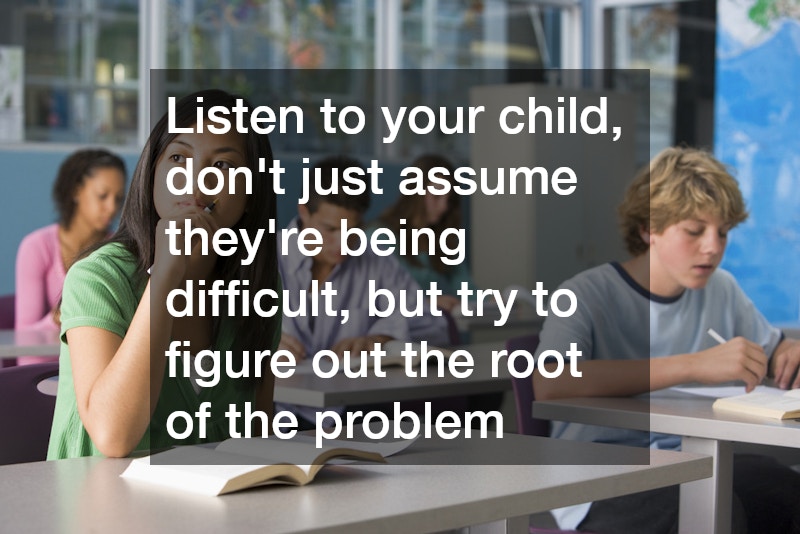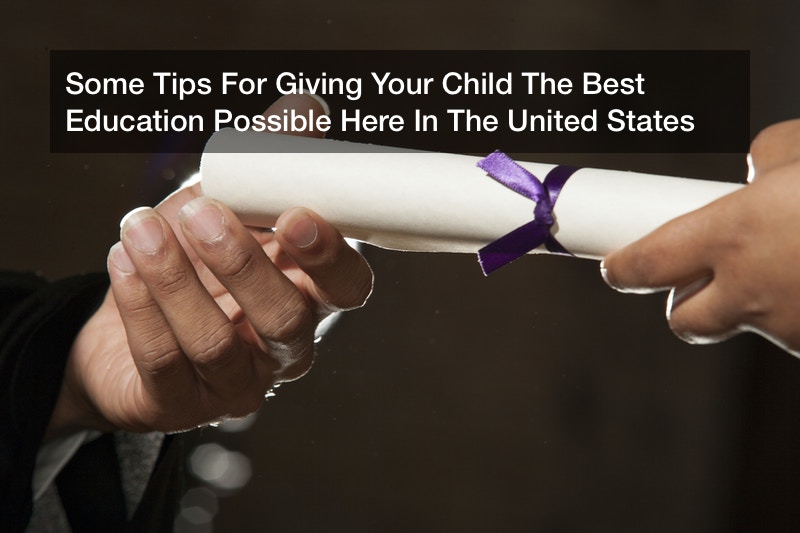
Adolescence is a transformative period, and during this time, some teens may develop a strong aversion to school, which can be concerning for parents and educators. This article will explore both the underlying causes of this aversion and potential strategies to address it.
Understanding the Root Causes of Dislike for School
Identifying Emotional and Psychological Factors
Emotional and psychological factors play a significant role in a teen’s aversion to school. Common issues include anxiety about academic performance or social interactions, which can lead to school avoidance. Depression is another crucial factor, as it can sap a teen’s motivation and interest in daily activities, including attending school.
In some cases, prolonged stress stemming from academic pressures or personal issues can manifest in a dislike for school. Teens experiencing such stress may feel overwhelmed and incapable of meeting expectations, causing additional frustration. Providing mental health support can help address these concerns by teaching coping mechanisms and resilience.
An understanding of these emotional and psychological roots can open avenues for adults to address the problem effectively. Helping teens understand that their feelings are valid but manageable can empower them to embrace solutions. Creating a dialogue about these issues is essential, as it fosters a supportive environment where teens feel safe to discuss their struggles.
The Impact of Social Dynamics
Social dynamics at school can significantly impact a teen’s experience and attitude towards attending classes. Positive friendships can enrich the school experience, while negative social interactions or bullying can perpetuate a dislike for school. Peer pressure can also influence behavior, making some teens feel pressured to conform to negative attitudes about education.
Bullying can create an unsafe and hostile learning environment, leading to increased school refusal and aversion. Addressing bullying through school policies and providing support networks in school can mitigate these negative impacts. By fostering an environment of inclusivity and respect, schools can work to alleviate the social pressures that contribute to school aversion.
Parents play a pivotal role in helping teens navigate social dynamics by encouraging open conversations and empathetic listening. Providing guidance on how to handle peer pressure and bullying can empower teens to create healthier relationships. A focus on strengthening social skills and self-confidence can aid in reshaping their outlook on school.
Learning Styles and School Environment
Each student has a unique learning style that may or may not align with traditional educational methods. If a teen’s learning preferences are not supported, it may result in frustration and a lack of engagement. Schools that offer diverse teaching methods, incorporating visual, auditory, and kinesthetic learning, can better accommodate different learning styles.
A non-supportive school environment can exacerbate feelings of aversion. Overcrowded classrooms, a lack of personalized attention, and a rigid curriculum can alienate those who do not fit the standard mold. Ensuring a supportive and adaptable learning environment can help rekindle a teen’s interest in their education.
Encouraging educators to identify and adapt to the varied learning styles of students can improve engagement. Innovative teaching approaches such as project-based learning or technology integration can make learning more relevant. A school’s willingness to adapt and personalize learning can shift the perception of school from obligatory to enjoyable.
Encouraging Motivation and Interest in Education
Developing a Supportive Home Environment
A supportive home environment is crucial for a teen’s educational success and overall well-being. Establishing a space conducive to studying and open communication about school experiences can instigate positive changes. Parents can demonstrate the value of education by involvement, whether through discussing interests or learning alongside their teen.
Parental attitudes towards education can set a baseline for the teen’s perspectives. Positive reinforcement and encouragement can motivate teens to overcome challenges they face in school. By engaging in educational activities together, parents can inspire curiosity and a love for learning.
Balancing discipline with understanding and empathy is key to fostering a nurturing home environment. Active listening and validation of a teen’s feelings about school can strengthen family relationships. Acknowledging both accomplishments and struggles builds trust and models resilience.
Developing Effective Study Habits That are Made Specifically for Your Teen
Many teens who don’t like school feel overwhelmed by schoolwork, projects, exams, and other academic responsibilities. They may lack essential organizational and study skills, compounding their frustration and dislike of school. Teaching teens how to prioritize tasks, set achievable goals, and manage their time efficiently can make a significant difference in their learning experience.
Creating a personalized study plan that caters to a teen’s strengths and weaknesses is crucial. Parents can work with either a face-to-face or online tutor or tuition centre to offer guidance on effective study habits. Support can also include tutoring for specific subjects and tips on maintaining motivation and managing stress while studying.
Helping teens develop a consistent routine can enhance productivity and reduce academic anxiety. Educators can also be supportive by offering resources and strategies tailored to individual needs. A proactive approach to developing effective study habits promotes autonomy and academic success.
Incorporating Educational Alternatives
Exploring alternative educational methods can reignite a teen’s interest in learning. For some teens, traditional academic pathways may not align with their interests or career aspirations. Options such as project-based learning, vocational training, and interdisciplinary studies offer practical, hands-on approaches that can inspire engagement.
Sensory-based or experiential learning opportunities allow teens to connect with the material on different levels. These methods cater to varied learning styles and can make education feel more relevant and engaging. Offering a mix of traditional and alternative education opportunities can broaden a teen’s perspective on learning.
Parents and educators should collaborate to identify and implement alternative learning experiences that resonate with the teen’s interests. Encouraging exploration and experimentation empowers teens to take control of their education. The flexibility to adapt learning pathways can lay the foundation for lifelong learning and discovery.
Setting Realistic Goals and Expectations
Helping teens set realistic goals and manage expectations reduces school-related stress and increases motivation. Clear, achievable academic goals that align with a teen’s interests and abilities can foster a sense of accomplishment. It is essential for these goals to be both challenging and attainable to maintain a teen’s engagement.
Open discussions about educational and career aspirations can guide goal-setting efforts. Parents and educators can provide support and resources to help teens achieve these goals. It is important to frame goal-setting as a flexible process that can be adjusted as teens grow and discover new interests.
Balancing high expectations with empathy and understanding is crucial in maintaining a positive outlook on academic life. Encouraging self-reflection and celebrating small successes can boost confidence and resilience. Setting realistic and personalized goals ensures that teens remain motivated and invested in their academic journey.
Conclusion
The conclusion will summarize the main points discussed in the article and provide final thoughts on supporting teens who are struggling with school aversion. It will also offer encouragement and resources for parents and caregivers. Understanding the root causes of a teen’s dislike for school and implementing strategies to address these issues can have a profound impact on their academic journey and well-being.
By identifying emotional, social, and environmental factors that contribute to school aversion, caregivers can work collaboratively to develop meaningful solutions. Through support, communication, and tailored educational experiences, it is possible to rekindle a teen’s interest in learning and foster academic success.
Parents and educators must remain patient and open-minded as they navigate the challenges of supporting a teen who dislikes school. With empathy and perseverance, they can guide teens toward discovering the value and joy of education, laying the groundwork for lifelong learning.
.




